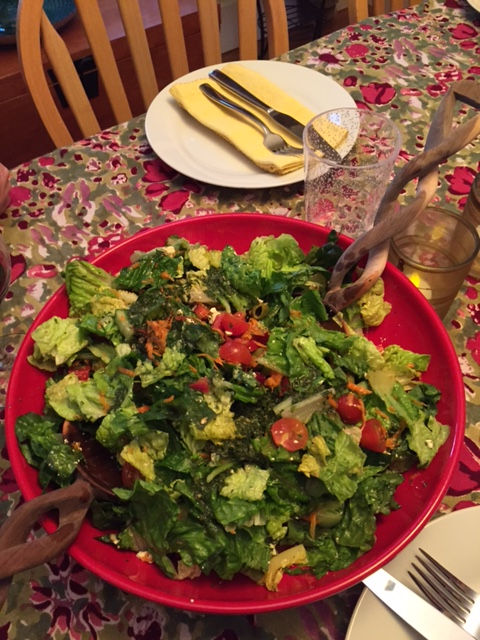Testament of Endurance
- May 21, 2016
- 3 min read






The night was similar to many others in its dark and cool and moonlight, shadows deep against the house that hid neighborhood cats, unraked leaves, and lingering whisps of breath from children’s laughter. My contribution to the meal, Tuscan sangria, sloshed inside the glass pitcher with fluid threats of red-stained clothing and sodden shoes. Carefully as I could while hurrying, I made my way to the front door as my companion, who bore her salad with the ease of a woman free of danger from spillage chatted, excited and eager to start the evening. Inside only two others sat, but were shortly joined in single and double arrivals until we all were assembled.
Orb of dust and pockmarks
No gravity, air, or life
Magical to look at you
Eases thoughts too full of strife
At the moment all seven well-read and intelligent women had arrived, the kitchen counter and island stood laden with food and drink, ready to nourish our bodies at our command. The bounty was laid out in color and oven-heat, promising a tightness against the waistbands of all who would sit around the heaving table. Before the meal and as was our habit, we took drinks and light nibbles as we reminded and informed each other of the joys and struggles that were new or continued since our last gathering. And here at this time we burst into discussion on the main book chosen during our last meeting six short weeks earlier.
Testament of Youth by Vera Brittain
How could a protagonist’s story be so ripe with potential yet fail so fully in the telling that none of the agile minds present could persevere to finish it? Indeed the author was an unusual woman of her time, who scoffed at the roles the early 20th century prescribed for those of her sex. She found her own way simply through her personality, what she thought to be important, and an unusual amount of introspection and self-awareness, especially uncommon in one so young. The literary style however, was exceedingly punctilious which often caused these readers to lose the point of a sentence, a paragraph. The languid language was foreign to us but some were able to discover a rhythm and roll after no small amount of concentration. Once gained, though, a moment of inattention would ensure that any grasp of the writing’s cadence would dissipate as quickly as a meadow’s mist under the heat of the sun. We agreed that the author was probably an interesting woman to know personally, but felt that little of her intensity, loss, hopes, internal conflicts, or heart’s desires came through in the book. Insight into her inner-strength and steeliness seemingly atypical of the women of the time came through best during her nursing career, as her birthright of privilege and Oxford education had done nothing to truly prepare her for the horrors of the war front from which she did not run or shirk. Another point raised and examined was the attempt to maintain normalcy, depicted in the juxtaposition of the carnage of wartime and the quintessential British ritual of civility – having tea.
Pancetta, pasta, eggplant parm
Salad, breadsticks from the oven.
Warm.
Gallette of berries, black and straw
sangria, cookies without a flaw.
As usual the food delighted.
Departed everyone with spirits heightened.
Verily, no one had finished the book, only one person had read approximately two-thirds of the tome, with the remainder not completing more than half. The rating was 3 stars; most of the 2.5-star votes increased to 3 after some voters gave an increase for the immense potential of the story.
Those Who Leave and Those Who Stay by Elena Ferrante
The consensus was that this book was good enough to go forward with reading the last one of the series for our next meeting. Since everyone who had read the book enjoyed it, the discussion centered on the plot twists, and character revelation and development. For those who have yet to catch up on the series, the fans around the table agreed the first book is the weakest and understanding subsequent books is more difficult without reading the ones that come before. And, while it’s not the best writing they’d ever encountered, all concur that the books are worth reading.
Next meeting: July 2, at Helene’s
Next books: The Girl on the Train by Paula Hawkins
The Story of the Lost Child Elena Ferrante








Comments